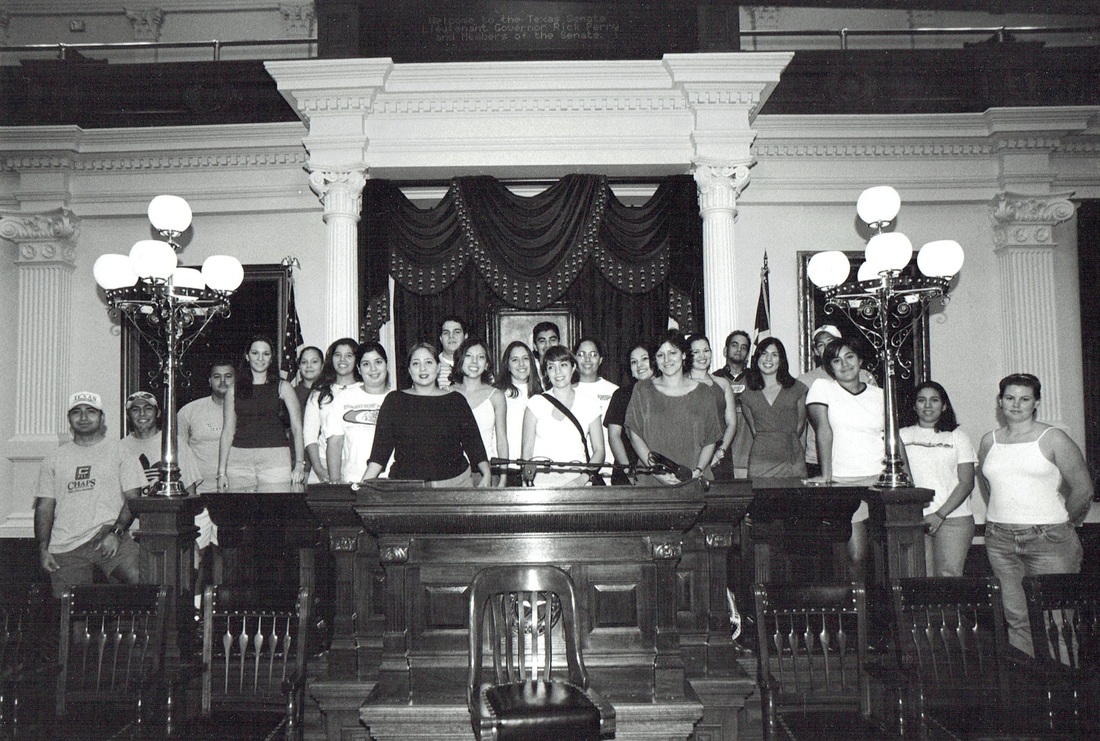My Teaching Philosophy
I have been a university-level professor for over 25 years. The courses that I have taught are the following: Race and Ethnicity in the Schools, Critical Policy Analysis, Sociocultural Influences on Learning, Latino Education Issues, Latino Education Policy in Texas, Foundations in Educational Policy, and Immigration, Globalization and Education.
While I have written and published on the importance of caring relations between students and teachers in the classroom, I still always ask myself what it means to care—to truly care for my students. What I can honestly say is that at my very best, I listen deeply and actively to them. Indeed, the kind of good, "listening energy" that good teaching requires is almost diametrically opposite the kind of identity that I have cultivated as a public speaker, policy advocate, and otherwise high-status professional. Consequently, I work hard to keep myself in check—primarily through conversation and reflection. What I have discovered is that when the classroom experience goes well, students experience trust and the classroom itself, a safe place. This doesn't mean that we avoid dealing with the thorny issues that my courses address, but rather that we do so in an attentive, respectful way. At its best, my classroom builds a relationship not just between the students and me, but also amongst the students themselves. Stated differently, a successful classroom experience is when my students are not only "collegial," but they also demonstrate caring and empathy toward one another. My sense is that if I can foster a caring environment, my students will prosper. I like the photo that I share above. It is one of the first undergraduate, Mexican American Studies courses that I ever taught at the University of Texas at Austin. It was an upper-division course in public policy. It was a rather large class and I worked hard—and I think successfully—to garner my students' trust. I wanted them to learn and be passionate about policy and politics in Texas—and for them to dedicate their lives to being agents of change as much as I do. As far as I can tell, the nearly all either pursued advanced degrees and/or careers in public service. I did my best to make policy analysis and policy developing tangible for them by taking them to the capitol, having them meet legislative staff, and having them write policy briefs on topics that interested them. I have crossed paths with so many of them over the years and while I know that I was but one of many influences, I acknowledge my importance as a role model. I know that my doing what I do gives them permission to go on and similarly pursue career paths informed by a commitment to social justice. I don't see any shortcuts to good teaching. If we want our students to be discerning, caring, and have empathy toward others, we as teachers must also embody these qualities. I count myself as fortunate for having chosen my vocation well. -Angela Valenzuela |
